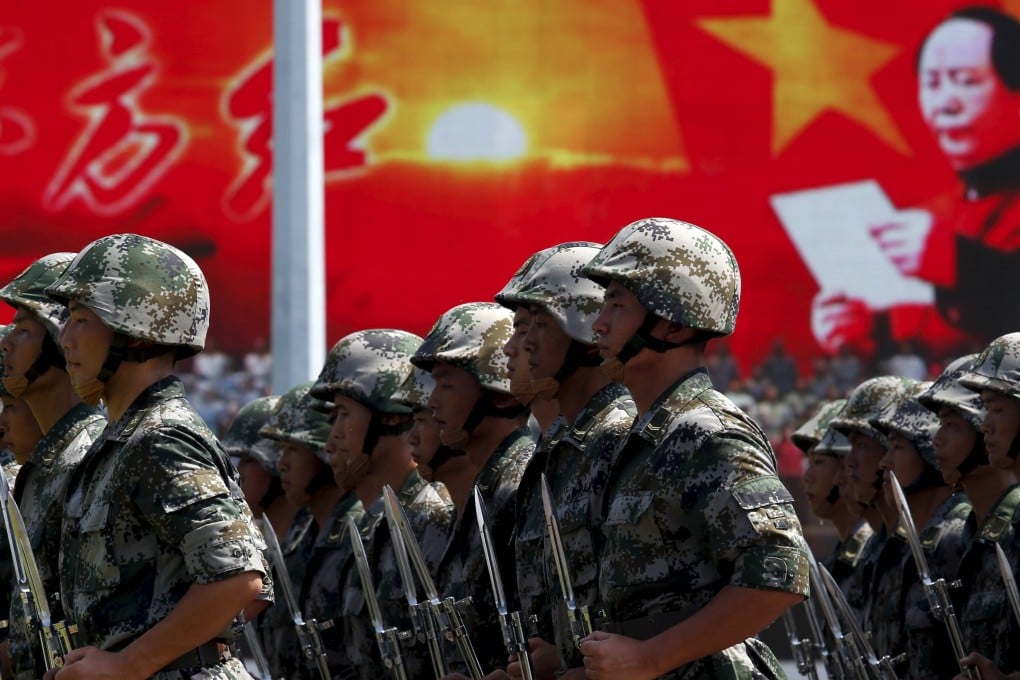Hong Kong must guard its citizen rights, both now and after Article 23 security law is implemented
Tim Collard says while China’s progress on human rights and rule of law is indisputable, individual rights remain a step too far for authorities, a key difference between the SAR and the mainland

China’s newly promulgated national security law has sparked concern and debate in Hong Kong. Although there is as yet no question of this law being applied in its entirety to the special administrative region, no one will have forgotten that the city is required by Article 23 of the Basic Law to bring in a security law of its own. It can be assumed that the mainland authorities will expect such a law to be broadly aligned with the national legislation, or at least not to set itself up in overt opposition.
The details will need to be left to the legal experts in Hong Kong and Beijing but, as an outside observer, I believe there is a wider issue we must not shy away from.
It cannot be denied that there has been considerable progress in the reform and revision of legislation in China since the lawless days of the “Gang of Four”. President Xi Jinping’s administration has nailed its colours to the mast regarding the need to adopt a system based on the comprehensive rule of law, and the abuses caused by the arbitrary or corrupt exercise of power. It is also true that the legal framework of Hong Kong has largely been maintained in its established form, as promised at the time of the transfer of sovereignty in 1997. So it can be compellingly argued that Beijing has pursued, and continues to pursue, the reform of Chinese jurisprudence in good faith.
But one issue has always been a step too far for Chinese legislators. Laws have always centred on the rights and responsibilities of governmental authorities, and on the duties of the citizen. Nowhere is there any reference to any enforceable rights of citizens themselves.
Western criticism of China has frequently focused on what we like to call “human rights” issues. Sensible nations have now instead adopted a strategy of conciliation: offering practical assistance and cooperation in drawing up mechanisms by which the rule of law can be strengthened, and giving credit for improvements. By any standard, China’s “human rights record” is improving. But the phrase is just shorthand for a government’s treatment of its citizens; it is not because they have been able to claim or enforce any rights to better treatment.
As far as I know, there is nothing in the laws or the administrative practice of the mainland that entitles a citizen to say to an official or police officer: “Unless you can show that I am breaking the laws as agreed and set out by the national legislature, you have no right to stop me doing what I am doing”. That is what has always been seen as a step too far in China.